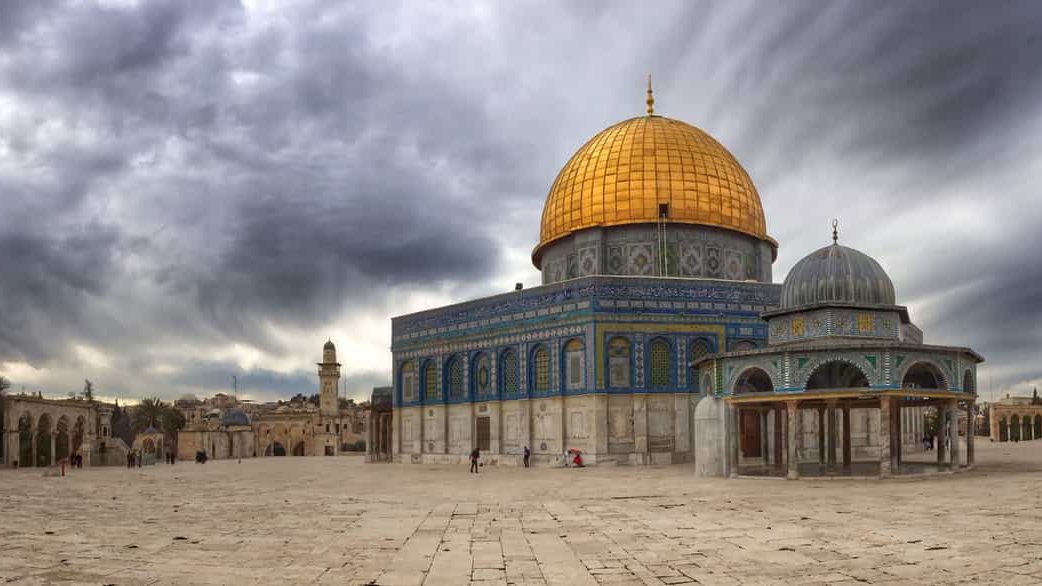Israelis and World Jewry Are Paying the Price for the Messianic Interests of the Netanyahu Government
Maariv, Israel, January 20
Maariv, Israel, January 20
“War is the continuation of policy with other means,” is a statement famously coined by Carl von Clausewitz, a Prussian military strategist whose ideas are taught in command and staff schools. So, what approach should Israel take in the face of its security and political challenges? The disaster that befell Israel on October 7 was a result of failed diplomacy, which is just as important as the intelligence and military efforts. A new diplomacy is needed to address Israel’s political and security challenges. The foremost goal should be ensuring the safety of Israeli citizens and the complete defeat of Hamas, along with its military infrastructure and tunnels. This requires the IDF to take full control of the Gaza Strip for at least a year and maintain an encirclement and blockade in all areas where Hamas had been active while making significant efforts to minimize harm to innocent civilians. Israel has no other option, as halting military activity without securing the release of hostages and achieving victory in the war would damage its image. This damage could encourage further hostile activities, alienate friendly Arab nations, and weaken Israel’s standing among its allies in the West. Moreover, no Arab or international entity would be willing to manage the [Gaza] Strip until Israel guarantees the neutralization of all remaining Hamas forces. The mere survival of a few hundred Hamas militants after the war would instill fear in any party attempting to replace Hamas. Inevitably, Israel would be drawn into managing the Strip under a military government, similar to the situation after 1967. Israel should also work with Egypt to regain control of the smuggling route known as the Philadelphi Corridor. Taking cues from the American experience in Iraq, Israel must invest in the civilian population by providing salaries (instead of relying on the Palestinian Authority), preventing a humanitarian disaster, facilitating reconstruction, and distinguishing between innocent civilians and armed organizations. During a transitional period, lasting about two years, Israel will need to oversee the Strip until it can be transferred to another party. It appears that Israel will have no alternative but to reunite the West Bank and the Gaza Strip within a political framework offered by Israel, in coordination with the international community and friendly Arab nations. The concept of “managing the conflict” has only bred despair among Palestinians, leading Abu Mazen and the Palestinian Authority’s leadership to fight Israel on international platforms. Without a political framework that affords Palestinians a life of dignity free from Israeli blockade and control, intifadas, waves of terrorism, and support for Hamas will persist. Political solutions will require Israel to restore security in the West Bank and participate, alongside the international community, in reshaping the Palestinian Authority after [PA President] Abu Mazen leaves office. One option is to respond to the American demand and strive for a multi-stage process of geographic and political separation, which could lead to Palestinian self-government and the establishment of a demilitarized state. Each stage, lasting several years, must be accompanied by close monitoring of previously made commitments. Throughout this process, Israel must retain security control, at least during the interim period. Israel’s response to the US Administration’s request will alleviate international and regional pressure to prematurely end the war in Gaza before achieving its objectives. Another political challenge is the status of Jerusalem and the Temple Mount. Many Jewish Israelis are unaware of the considerable damage caused by irresponsible policies in Jerusalem, particularly on the Temple Mount, known as Al-Aqsa Mosque to Muslims. A glimpse at the media coverage in the Muslim world reveals the harmful intensity with which Israel’s actions in Al-Aqsa are portrayed. This coverage, fueled by opposition to Zionism and Israel, fuels antisemitism in the Muslim world and puts Jews abroad, who have nothing to do with Israel’s policies, at risk. Is it purely coincidental that Iran established Al-Quds Day on the last Friday of Ramadan or that Hamas referred to its brutal attack as the Al-Aqsa Flood? Is it mere chance that both Iran and Gaza’s military exercises feature the Dome of the Rock (part of Al-Aqsa compound) as a target for occupation? Clearly, Al-Aqsa is a potent symbol for recruitment. The way Israel handles the Temple Mount underscores its mistakes, past and ongoing. The Israeli police continue to favor extremist groups frequenting the Temple Mount, ignoring or supporting their contravention of the status quo by holding silent prayers. They persist in violating Al-Aqsa Mosque by entering in uniforms and shoes and using stun and smoke grenades. Furthermore, they alienate the Waqf guards and hinder their functionality. In response, Palestinians continue to distribute videos showing the actions of these fringe extremists and the police within the Muslim world. In essence, Israelis and Jews worldwide are paying the price for the Netanyahu government’s prioritization of the messianic and ideological interests of a small minority. While Hamas and Iran will continue to incite, there is a distinction between unfounded propaganda and propaganda supported by facts and genuine videos. Official Israel would be wise to publicly affirm its commitment to maintaining the status quo established in 1967, indicating readiness to restore it and protect it. This public statement must be followed through with actions, starting with returning authority to the Waqf director and maintaining full coordination between the Israeli police and the Waqf, as was the case until 1996. —Prof. Yitzhak Reiter (translated by Asaf Zilberfarb)


